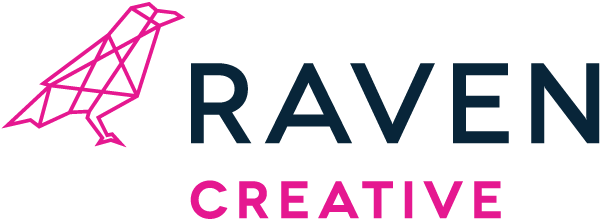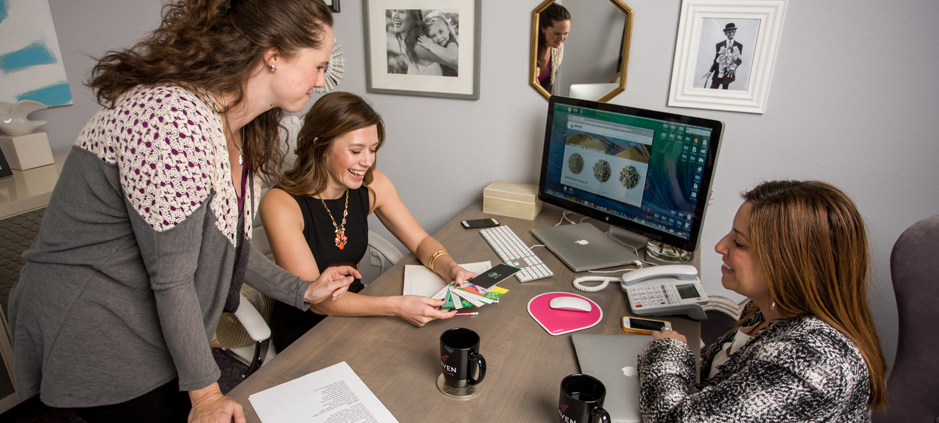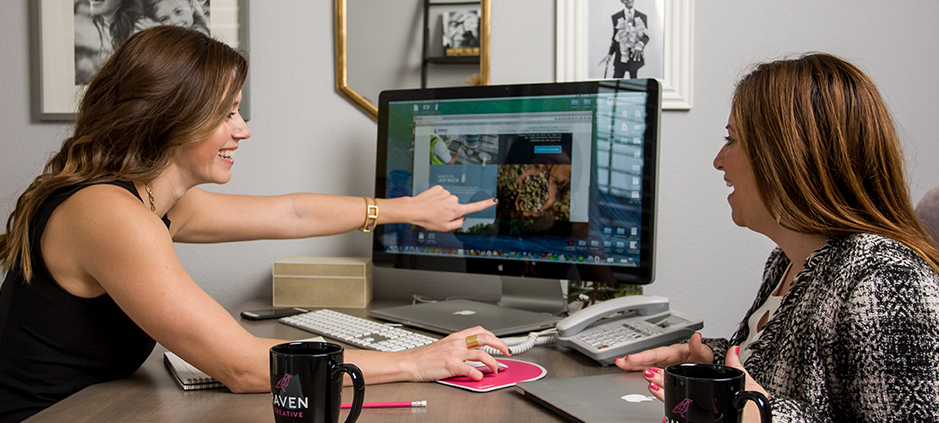At the beginning of nearly every project, especially the big ones, I have a giant to face. Despite years of hard work that prove my expertise, there’s a voice in my head that questions my abilities.
Do I really have what it takes to be successful? Am I really unique from every other person out there who does what I do? Would someone else do a better job? Do I deserve to be here?
In the past, these questions have prevented me from speaking up when I have a viable solution, from going after projects I should have said yes to, and being truly present in conversations where I have something to share, and something to learn.

At the start of my career, it was understandable that those questions proved tough to answer. With little experience and a limited skill set, getting through each and every new task could be a struggle. I still had a lot to learn.
More than 10 years later, the questions are still there. But why? I’ve found my niche and my voice, and demonstrated success client after client.
In her book, “Presence,” Harvard Business School professor Amy Cuddy speaks to exactly what I – and thousands of others – experience day-to-day: Imposter Syndrome.
She describes it here:
Impostor [Syndrome] causes us to overthink and second-guess. It makes us fixate on how we think others are judging us (in these fixations, we’re usually wrong), then fixate some more on how those judgments might poison our interactions. We’re scattered—worrying that we underprepared, obsessing about what we should be doing, mentally reviewing what we said five seconds earlier, fretting about what people think of us and what that will mean for us tomorrow.
Impostorism steals our power and suffocates our presence. If even you don’t believe you should be here, how will you convince anybody else?
Over the last few months, I’ve had a number of interesting encounters with Imposter Syndrome that caused me to feel like I was the pupil of a big lesson. The most impactful such encounter occurred when a friend and mentor disclosed her struggles with Imposter Syndrome to me. (What?! I’m not the only one?!)
Realizing the commonality of this very real affliction set my mind on a journey of moving on and finding freedom from my doubts. Here’s what I discovered:
Talk It Out
First, I started thinking about how much I look up to my friend. What she’s accomplished with her business is the stuff dreams are made of. She works hard, is able to be present in her kids’ lives, and truly helps people through her work. As she was sharing with me, I wasn’t thinking, “Wow, it’s all been a lie. She’s a fraud.” Not for one second. In fact, I walked away from our conversation believing that she was absolutely the authentic, real, and talented person I knew her to be.

You’d think that realizing that someone else struggles with the same questions would validate those fears. But I experienced the opposite effect. I’ve seen the results of my friend’s work, and I know that she deserves to be here. It’s the questions that don’t belong.
You Be You
Next, I started thinking about the unique perspective that only I can bring to my work, my relationships, and my life. For me, it’s incredibly empowering to know that I’m the only one who has had the set of circumstances, experiences, and hobbies that I do. And even if I had a life-doppelgänger out there somewhere, I’m the only one who’s seen that life through my own eyes.
I have my own story, my own set of big life events and daily routines that all add up to my unique perspective. I bring that perspective to all that I do, and there’s not another person out there who can. That’s true for all of us, whether we have 10 years of experience doing what we do, or 10 days. It’s also true for our businesses – because at the end of the day, a company is simply the aggregate of the unique people who make it up.
Comparison is the Thief of Joy
When we measure our successes and failures by a scale that’s anything other than our own, we lose. When we compare ourselves to others, we’re usually left feeling like we need to change. We’re unhappy with who we are, the choices we’ve made, and the circumstances we’re “stuck” in.
When we compare, we lose sight of the unique path that’s gotten us where we are. Share on XWhen we compare, we lose sight of the unique path that’s gotten us where we are, and we often discount the experiences of others. We believe they had it easier than us, or they worked harder, or are simply more gifted. But replicating their life isn’t what brings ours meaning. Our own story does that, just fine.
Is There Ever a Place for Doubts?
For me, I’ve found that most of the time my doubts are unfounded. It’s all of my worst fears, coming together to convince me not to try. But I also believe that some of those doubts have both reminded me of the value of humility and given me respect for others’ unique skills, abilities, and perspectives. Instead of letting my doubts create a sort of professional paralysis, I use them to my benefit, asking my co-workers and colleagues to step in and add value in places where I’m struggling to connect the dots.
When I approach a new situation with the perspective of knowing I, too, have something to learn here (vs. I’ll be doing all of the talking and teaching today), it relaxes me. It takes the burden of being an expert-in-everything (impossible) off my shoulders, and puts my mind in a place that’s harder for the doubts to affect.
I’m not totally cured of my struggle with Imposter Syndrome (it’s certainly not a 3 step program!), but the little mind-journey I’ve taken over the last few months has helped me better identify where my stumbling blocks are. Now, when my internal voice of negativity begins the cycle of nagging questions, I address it, think through my concerns and move on. It doesn’t paralyze me and it won’t stop me from achieving my dreams or helping my clients accomplish their goals. There is work to be done!
I share this little slice of my life with the hope that others can relate, and hopefully start on their own path where we can all say “Yes, we deserve to be here.”





